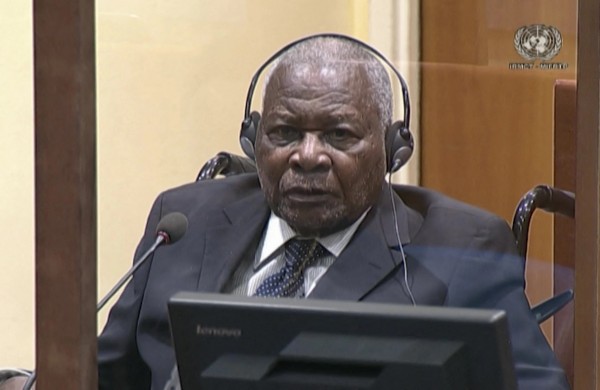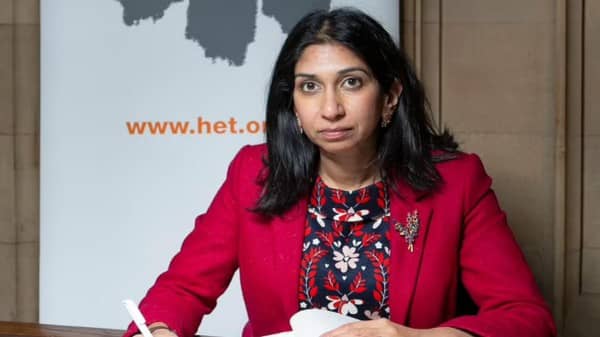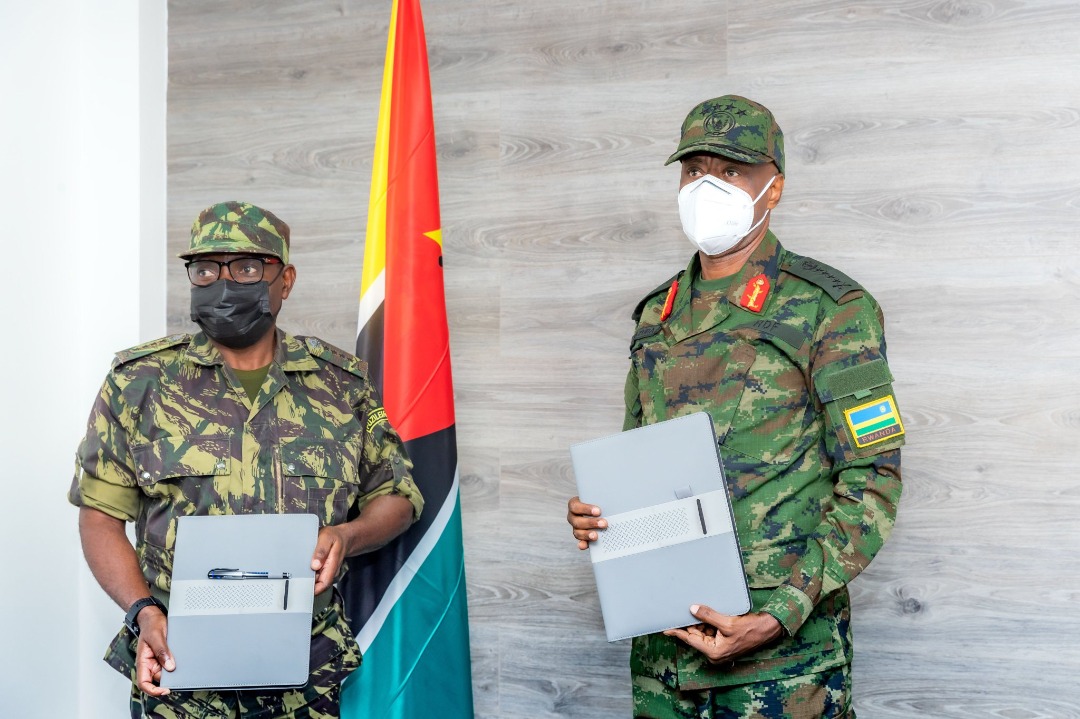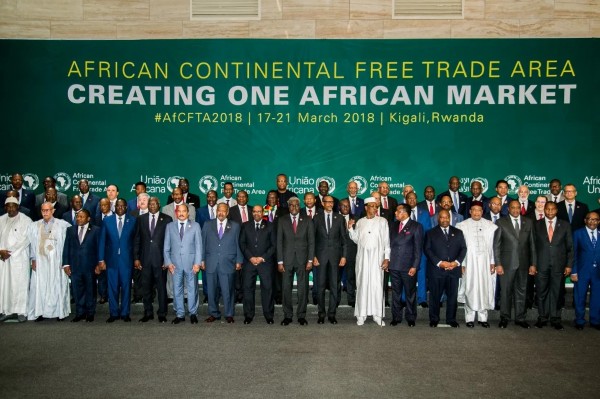International
Nightmare for genocidaires
Kabuga’s evil exposed in court

Notoriously
known as the “financier of the genocide,” Félicien Kabuga’s crimes are
gradually coming to light during his trial at the UN International Residual
Mechanism for Criminal Tribunals (IRMCT) in The Hague, Netherlands.
The
court is hearing testimonies from different witnesses, regarding the role the
89-year-old played in the 1994 Genocide against the Tutsi in Rwanda. The trial
kicked off on September 29.
Once
one of Rwanda's richest men, Kabuga, used his power and influence in the most
treacherous ways. He, among other things, helped set up the radio station Radio
Television Libre des Milles Collines (RTLM), used to fuel the genocide. The
radio mainly broadcast content that encouraged people to kill the Tutsi. He
also funded militia groups that went on a killing spree during the genocide
against the Tutsi.
Before
the UN court, Kabuga was charged with genocide, direct and public incitement to
commit genocide, conspiracy to commit genocide, and persecution on political
grounds, extermination, and murder as crimes against humanity.
To
no one’s surprise he pleaded “not guilty” to all charges. And for his defense;
he was simply a businessman caught up in the unpredictable violence of a
grassroots conflict.
But
Kabuga’s scheme is slowly falling apart, with numerous witnesses pinning him on
his big role in the atrocities; where he provided weapons, financial and moral
support to the killers.
Kabuga’s
trial is a nightmare for all genocidaires still at large and engrossed in
genocide denial and trivialization.
Among
others, French veteran journalist Jean-Francois Dupaquier, appeared before the
UN-backed court, on October 19, to testify about the role RTLM played in
fuelling hate and promoting extremism in the lead to and during the Genocide in
1994.
He
noted that Kabuga was a member of the Akazu – the inner circle – of genocide
architects and, being the wealthiest man in Rwanda at the time, with state
connections, welded a lot of power and influence.
Dupaquier
noted that Kabuga was the majority shareholder of the radio station that would
become the main body of propaganda.
He
talked about how Kabuga would directly order or decide what programmes
journalists were supposed to air and what not to air. Kabuga served as
president of RTLM. He had de facto and de jure control of programming,
operations, and finances of the radio station.
“He
(Kabuga) did not only have a financial influence but also on the editorial line
of the radio,” said Dupaquier.
According
to a witness that appeared before court on October 13, with Kabuga’s
authorization – before and throughout the Genocide – political parties like
Juvenal Habyarimana’s MRND and the extremist CDR held meetings in his building
in the Muhima area Kigali.
After
these meetings, the Interahamwe were charged and aggressive and would target
Tutsi families and nearby shops with violence. They would repeatedly rape and
sexually assault Tutsi women, the witness included.
As
the chairman, Kabuga, used his infamous radio station to fuel the genocide,
although, according to him, the media house was an investment like any other.
But an anonymous witness who worked at the Rwandan Ministry of Information at
the time proved otherwise, before the UN court.
Testifying
at the trial on October 5, the witness narrated how Kabuga shaped the editorial
line of the Genocidal propaganda radio, by repeatedly broadcasting alarming
messages, saying the Hutu should be vigilant because the Tutsi had infiltrated the
country. That’s how Kabuga and Co. mobilized many people to kill.
The
witness further testified that the Ministry issued warnings to the board of
RTLM which was chaired by Kabuga but it was ignored. The board claimed that the
radio was “serving interests of all Rwandans.”
On
top of mobilizing the killings, RTLM would announce the Tutsi they thought were
still hiding and their specific areas of residence, which would direct
Interahamwe to where they were and kill them. This was disclosed by Monique
Mujawamariya, a human rights activist, on October 18, before the judges at the
UN court.
Close
to three decades on the run, Kabuga was arrested in Paris in May 2020. Ever
since his arrest, Kabuga has applied several tactics to deter justice, but they
all did not work.
Kabuga
cannot outrun justice for long, as his crimes are slowly coming to light, with
prosecution expected to present more than 50 witnesses before the UN court,
three times a week.
For
Kabuga, justice might delay but it will be served.






